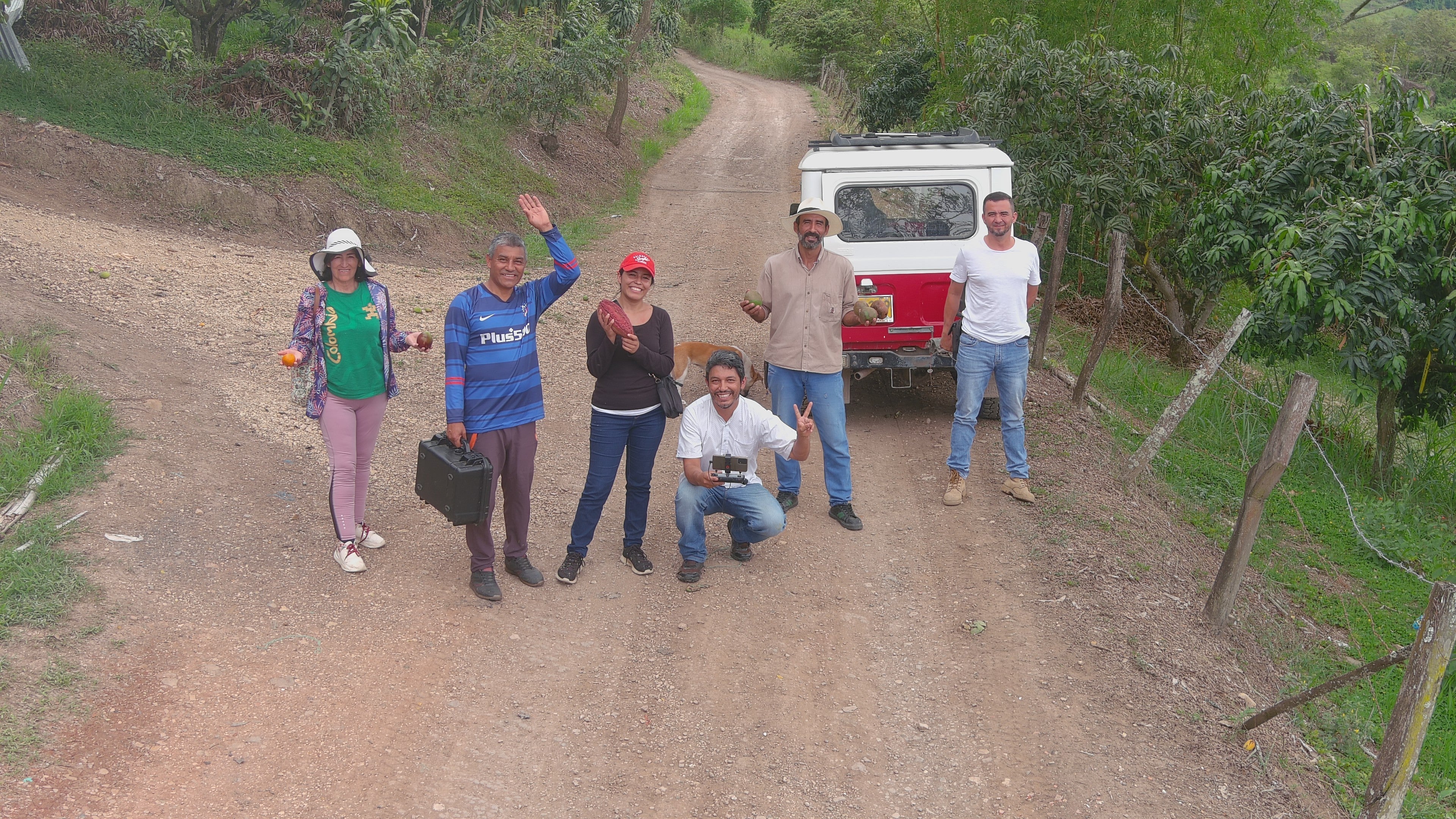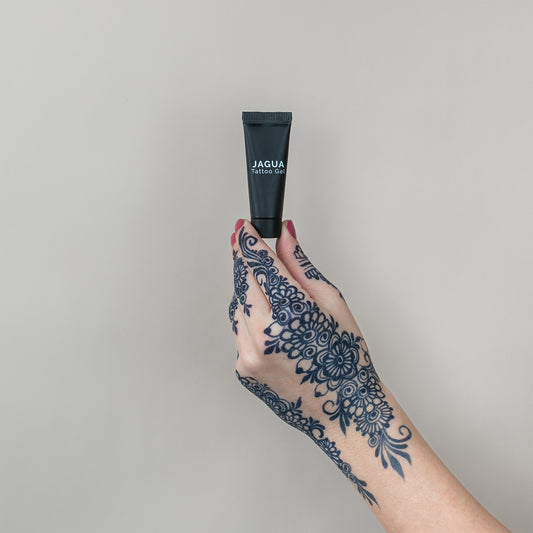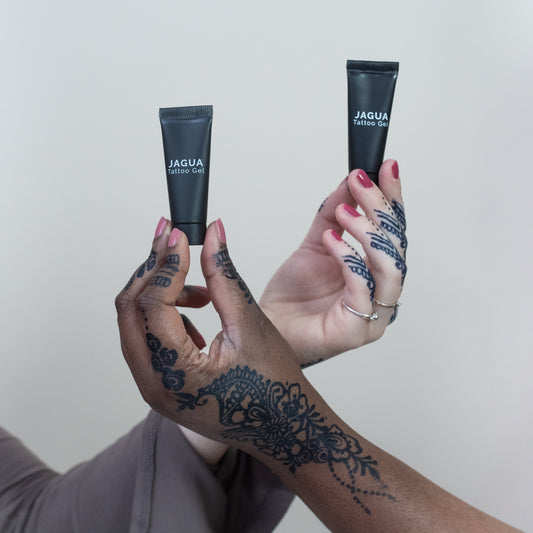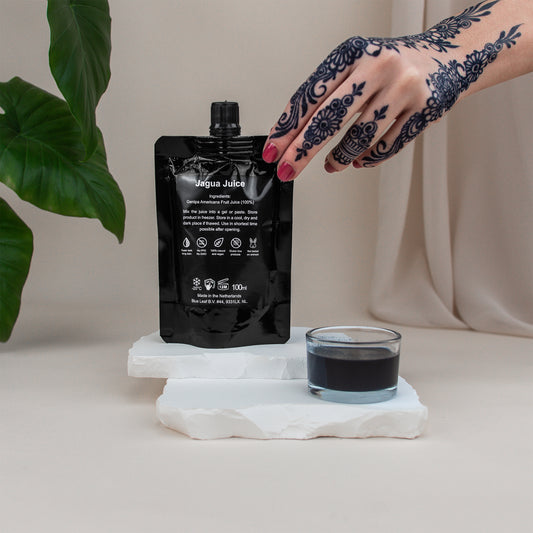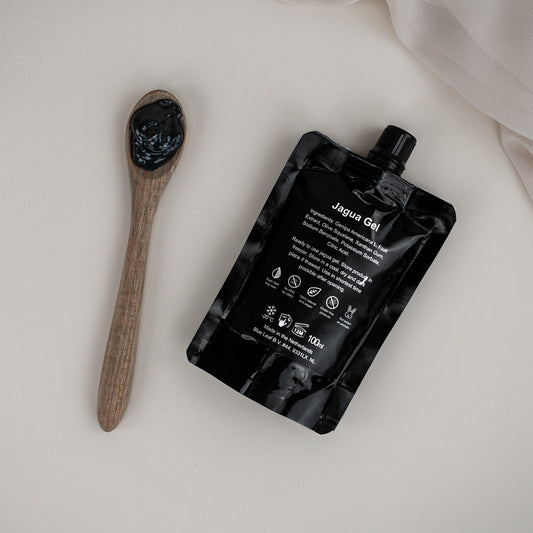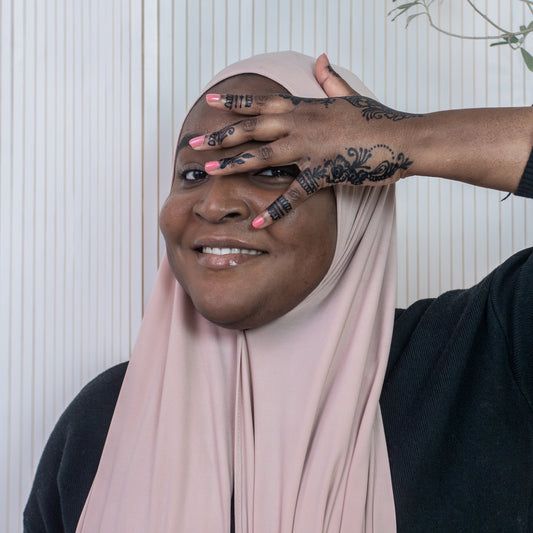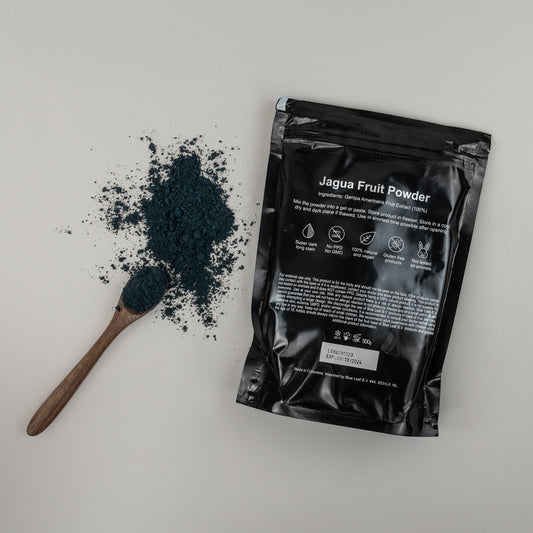A Journey of Social Innovation and Community
Hello everyone! My name is Cindy, and I’m from Colombia. I recently graduated with a Master’s in Development and Rural Innovation from Wageningen University & Research. My curiosity about sustainability and rural communities led me to an incredible discovery—Jagua Henna, a company transforming the Jagua fruit into a catalyst for economic and social change in rural farming communities.
My First Encounter with Jagua
My journey took me to Viotá, a small town in Colombia, with a rich agricultural history rooted in coffee, cacao, and mango cultivation. But this time, my focus was on something different—Jagua.
My introduction to this remarkable fruit began alongside Dahiana, as we visited farms where the trees were laden with ripening fruit, ready for harvest.
I was amazed by the care and dedication behind every step of the Jagua value chain. From David, one of the collectors, to the farmers and their families, everyone played a crucial role in ensuring the fruit’s quality and sustainability.
Jagua, is more than just an economic opportunity; it has sparked a shift in how farmers view their environment. Many had once overlooked this native tree, unaware of its potential. Now, instead of cutting them down for firewood or clearing them for other crops, they are protecting and nurturing their biodiversity.
"I have kept the tree since Dahiana arrived"; Jagua Producer

Jagua: A Catalyst for Social Innovation and a Learning Model
Beyond the financial benefits, Jagua Henna is strengthening community ties in ways I hadn’t anticipated. The initiative has fostered trust, collaboration, and shared knowledge—key ingredients in social innovation.
Dahiana, together with farm owners and collectors, has encouraged teamwork in harvesting, processing, and selection the best fruit, something that was not common before. In a region where farming is often an individual endeavor, this shift toward cooperation is transforming the local culture. Jagua harvesting it wasn’t possible without them.
As David, one of the collectors, shared with me: "When people mention Jagua, I want to know everything—how it’s produced, what it does. I even keep a notebook with values, calculations, and observations from the field."
His words reflect a deeper transformation: Jagua is not just generating income; it is empowering people to become active participants in their own development.
But Jagua is not just a showcase—it is a valuable learning model for other agricultural chains. Coffee, cacao, mango, and avocado producers can learn from the way Jagua farmers are organizing, adopting fair trade practices, protecting biodiversity, and generating more stable incomes. The principles behind Jagua’s success—community engagement, value addition, and sustainable sourcing—can inspire broader transformations in Colombia’s agricultural sector.
Economic Opportunities and Fair Trade
Viotá’s farmers have long faced unstable crop prices, making it difficult to earn a steady income. Jagua Henna is changing the game by introducing a fair pricing model, ensuring that farmers are paid well for their work.
Unlike traditional crops, Jagua offers financial stability, especially during off-seasons when other harvests are scarce. The extra income from Jagua harvesting helps farmers cover essential expenses, reducing economic uncertainty.
Esteban, another of the collectors mentioned: "In just three rounds of harvesting... I earned almost 700,000 Colombian pesos (€145)... It was really good"
At the same time, Jagua’s value chain highlights practices that could be applied to crops like cacao, coffee, and mango, which also struggle with market fluctuations and sustainability issues. By diversifying their sources of income and strengthening their collective organization, farmers in different sectors could build more resilient rural economies.

A Reflection on the Journey
For those who love Jagua tattoos, I invite you to think about the story behind the ink. Every product represents the hard work, resilience, and traditions of rural farmers who are paving the way for a more sustainable and ethical supply chain.
As Don Oscar, a Jagua farmer, proudly told me: "It makes me proud that a product from my farm is traveling the world. Even if my name isn’t there, part of my homeland is."
His words resonate deeply. Jagua is more than a fruit—it is a symbol of resilience, sustainability, and collective empowerment.
particularly meaningful to me—not only because I was conducting research in my own country but also because it revealed the challenges and triumphs of rural communities firsthand. Jagua harvesting has the potential to be a lifeline, but its success depends on ongoing support, fair trade practices, and sustainable strategies to ensure long-term impact.
Moreover, the lessons learned from Jagua could serve as a blueprint for other agricultural value chains looking to build fairer, more sustainable, and more collaborative production systems. The challenge now is to replicate these models in a way that benefits more farmers, more communities, and more ecosystems.
I extend my gratitude to Sander, Dahiana, and everyone involved in this inspiring initiative. Wishing you continued success in growing this project and sharing Jagua’s incredible story with the world!


